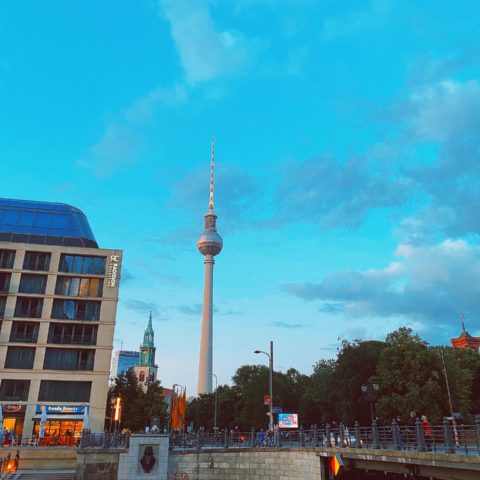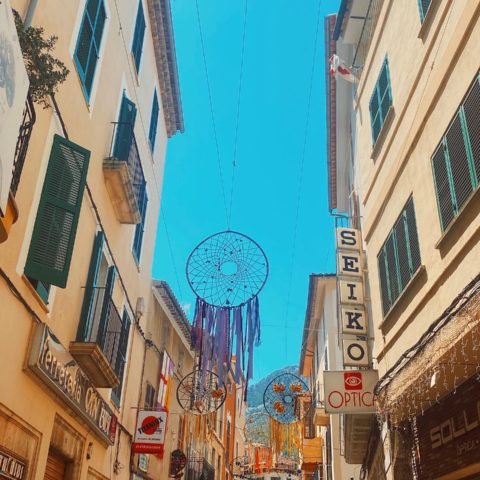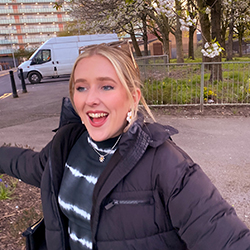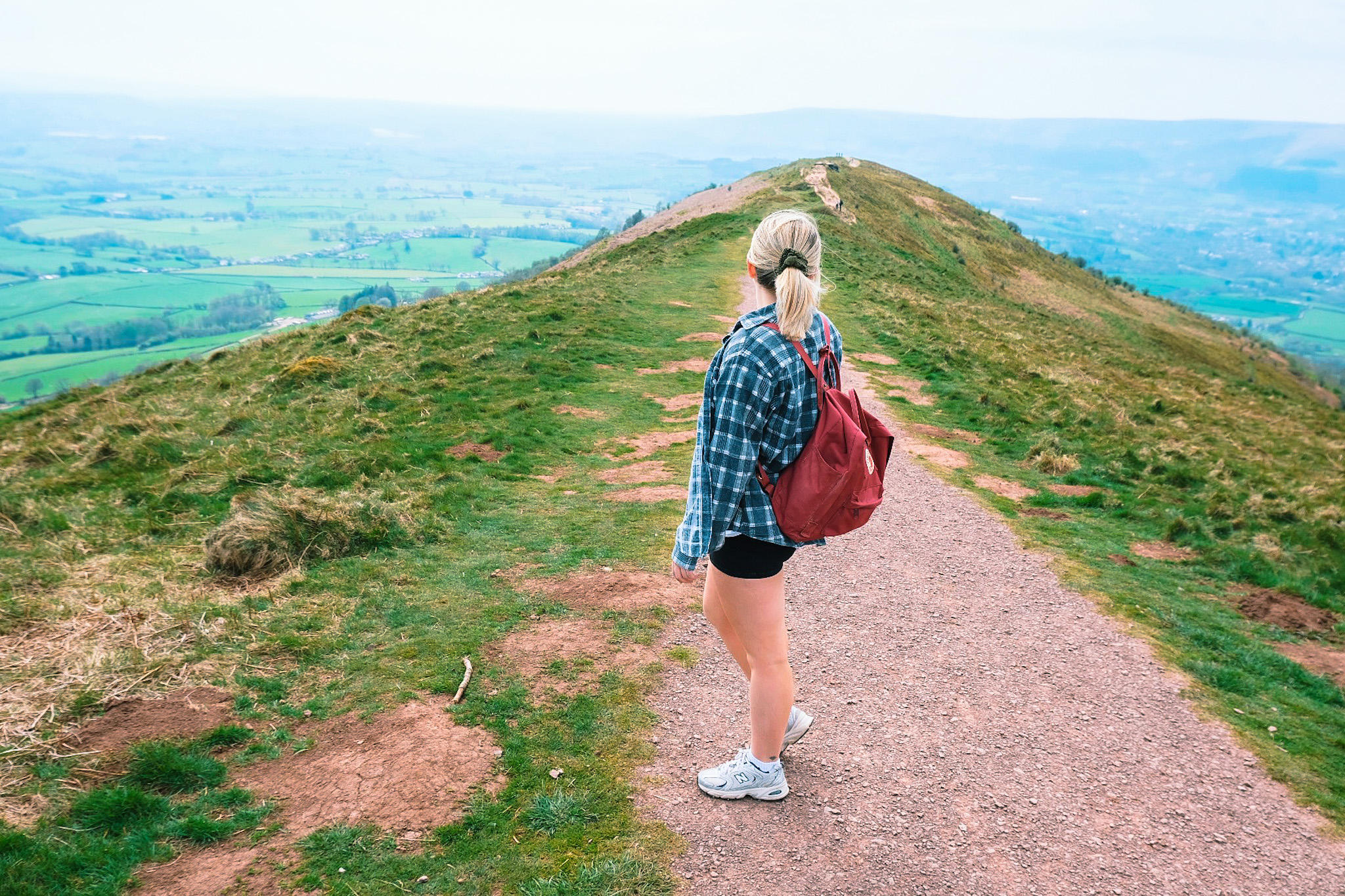
As travelling becomes even more of a global phenomenon, more women are wanting to become adventurous; to see the world and immerse themselves in new cultures. However, a continuous daunting factor amongst female travellers, one that could even prevent many from travelling, is FEAR.
Women now represent half of the business and leisure travel market, so why do we not feel safe? Is it not an important factor in the development of the tourism industry? You would think so, but the injustice of women is a universal issue that has circulated for hundreds of years and requires a shift in the way people formulate opinions and ideas.
Without getting so political… my point is that in theory, travelling as a woman shouldn’t be scary.
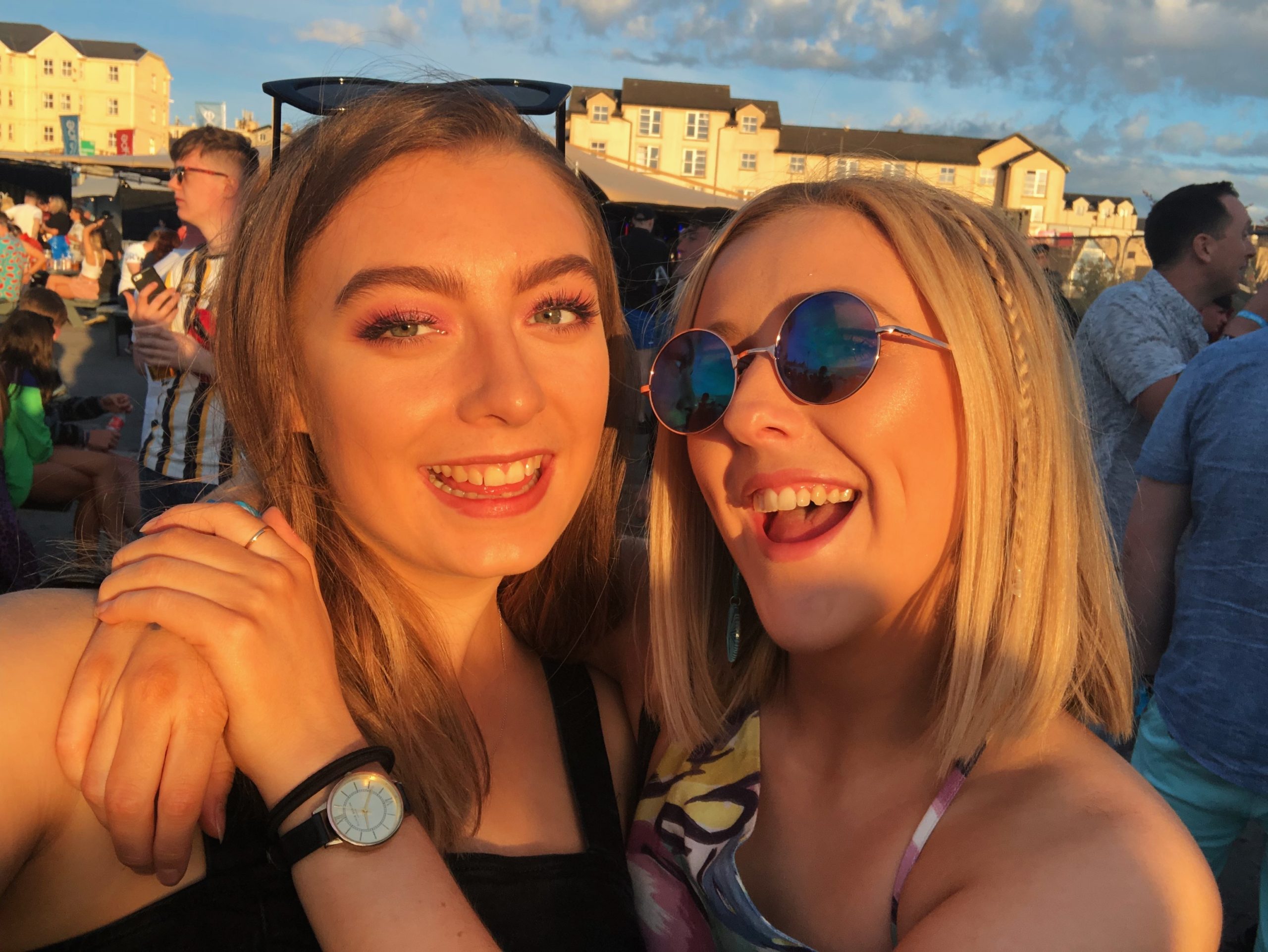
It is however, because a new and unknown environment can make our (very real) anxieties go through the roof. We continue to hear horror stories of the female backpacker, from a town close to where we live, kidnapped, raped or killed, thus terrifying us from ever travelling to that same destination.
Women’s experiences as tourists, their decisions and their freedoms can be somewhat governed by a form of gendered social control. Fear of travelling is more of a social construct than the reality itself. The world is beautiful. The wanderlust of travelling isn’t a romanticisation, it is real. So many people have incorporated their love for travel into their career or even just a way to expand your knowledge. Immersing yourself with new cultures and ways of living can completely change your outlook on life and enable you to see things from different perspectives; more grey than black and white. Trying new foods can open you up to new recipes and meals you never would’ve thought to eat at home. Even as a woman, whether you feel like you’ve struggled or not, meeting other women from around the world and hearing their stories is so empowering. It makes us want to do better in life.
The media: TV programmes, films, the news, social media, use fear to perpetuate travelling as something unachievable for women, as this is what gets views or money or evokes the most emotion. For example, the media has a huge impact on the social construction of fear, highlighting women’s travelling to be unsafe, socially unacceptable and risky. For example, ‘Thelma and Louise’ – nearly every man they meet on their journey through America either want to sexually assault or steal money from them.
Along with the idea of fear being a social concept, our worries and disheartened feelings are intensified through stories passed on by family and friends. It’s easy to fall into conversation on this and begin to doubt yourself and your own experiences in order to relate. We all do it, including myself.
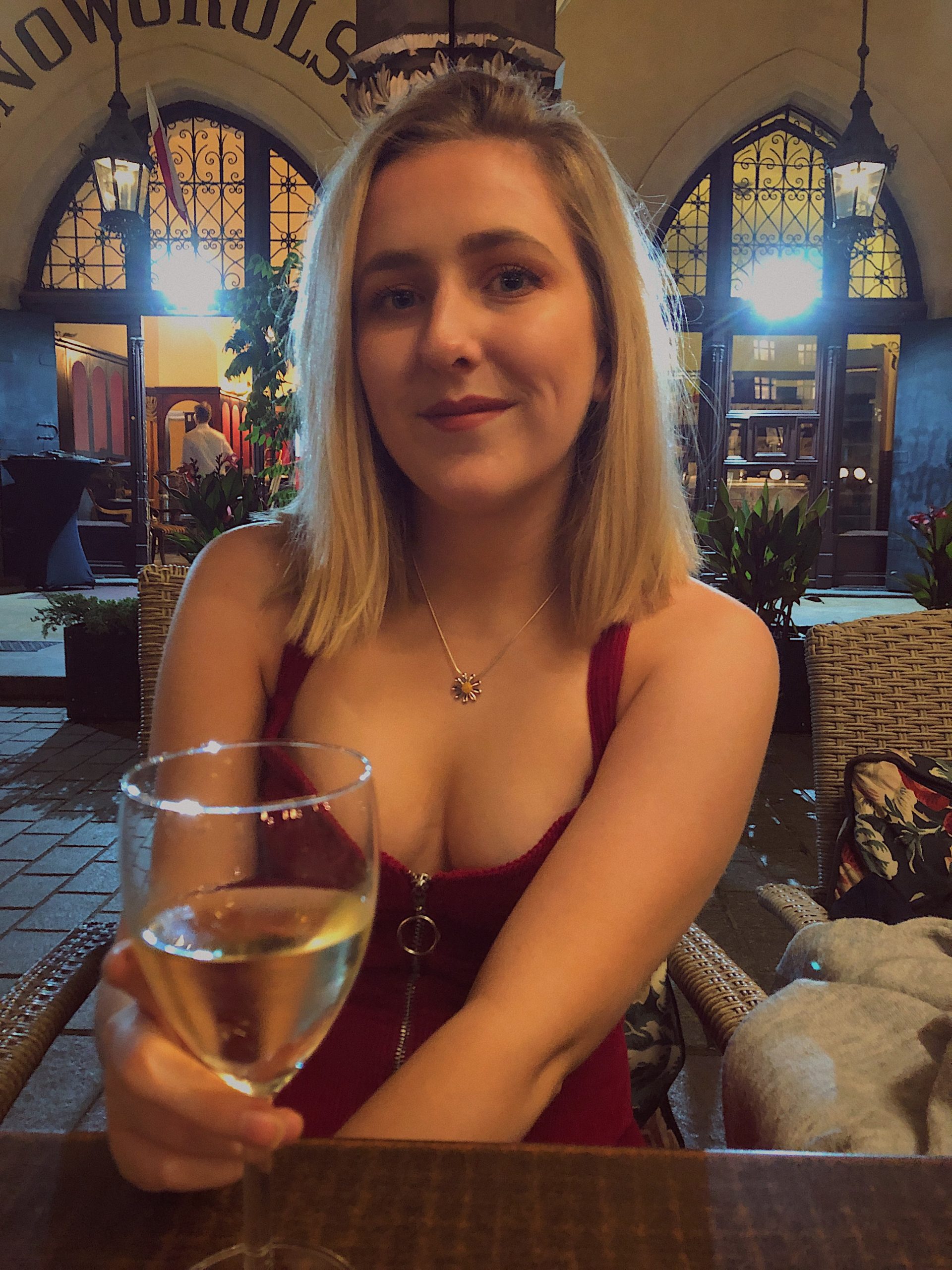
I have been in many situations; whether at home, in the UK or abroad where I have felt subject to the male gaze or harassed. One example is when I went to Turkey with my parents at the age of 13, I found myself feeling very uncomfortable with how men looked at me, asked to have pictures with me or forced their phone in my hand to get my number. My mum also shared a story of when she travelled through India and had stones thrown at her because she was a woman on her own outside after 8pm. At first, she felt frightened and shocked and nervous for the rest of the trip, but then soon realised this was just one instance in a host of positive experiences. My mum always emphasised to me that we should view travelling in that context; yes, scary things can happen, but they are more than outnumbered by numerous joyous experiences.
I was going to travel round Asia (pre-covid) for four months; the first 40 days being with a group with G-Adventures – travelling through north Thailand, Vietnam, Laos, Cambodia and South Thailand and then I was going to venture off down Malaysia and Indonesia on my own (hoping I would make friends who wanted to do the same). As I told friends and family of my plans, the most common response was how brave I was and that no one else would have the confidence.
This makes me sad, that fear of being hurt can stop someone seeing sights and places through their own eyes as opposed to on the TV. That’s why I think it’s important to talk about and share ideas on topics such as how to deal with anxieties about travelling, which places are best to travel to and how to travel safely and wisely.
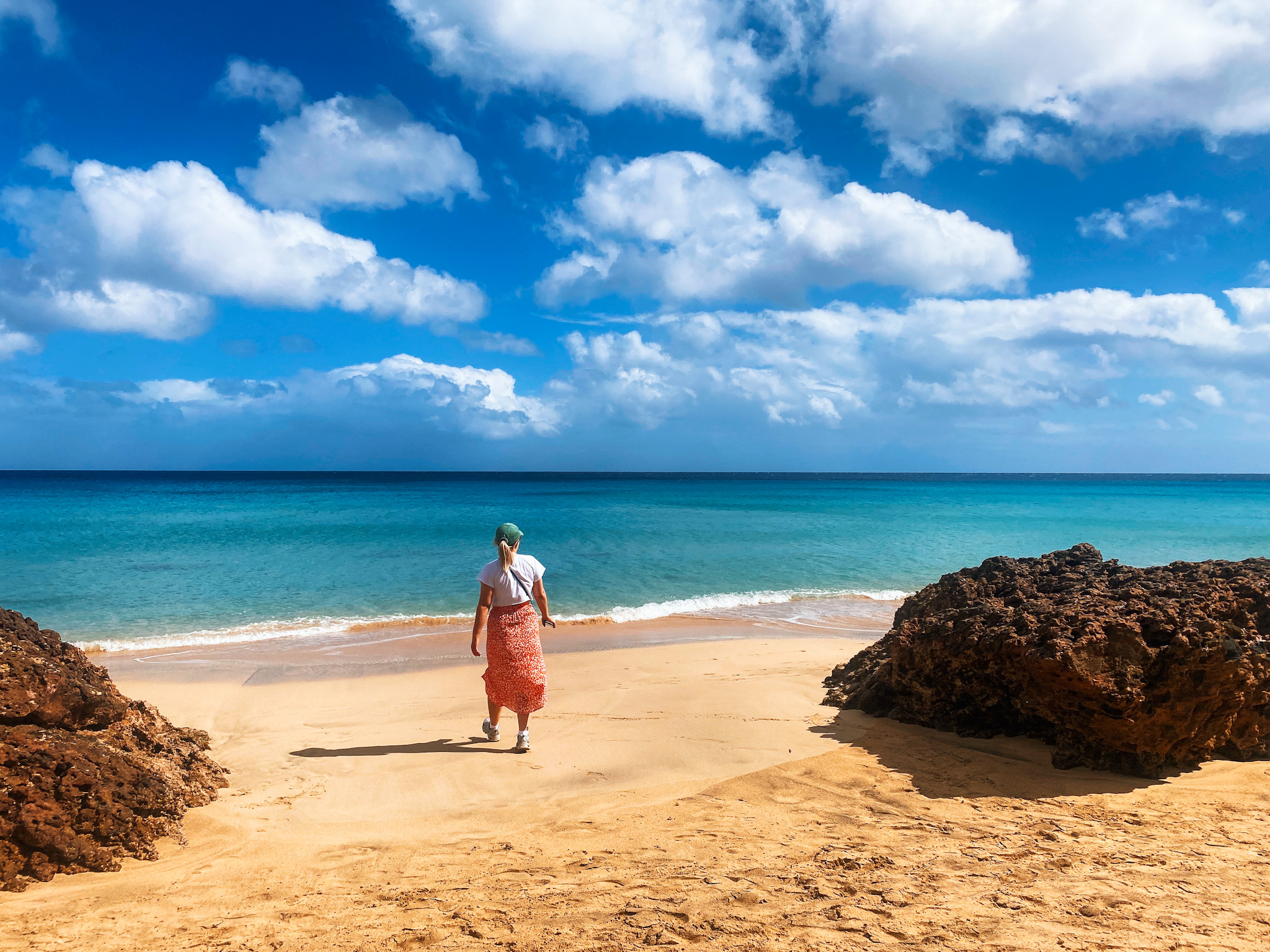
Yes, as women, we are constantly barraged with messages about our vulnerability just because of our gender. And yes, we succumb to the fear of being a woman, let alone the fear of travelling, because it is everywhere. Yet despite all the negative connotations around it all, the simple answer to the question ‘should women still travel?’ is HELL YES. Yes, there is risk, and I for one will be more vigilant and careful, but I will not let fear dictate my life. I have a passion for travelling, if I was to not travel because of how a man may treat me, then I’m allowing the power to stay with the oppressor.

